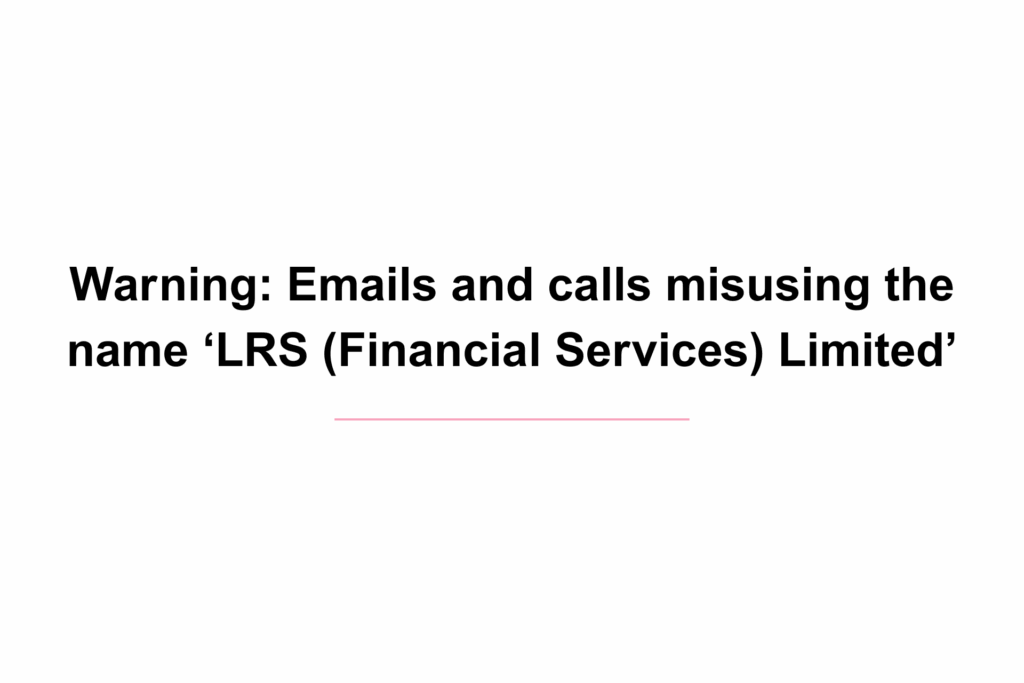Writing a will and knowing what to put in it can often seem a daunting task, especially when it comes to information about bank accounts.
Michael Brook, a solicitor in Lodders’ private client practice, explains what you need to know when it comes to bank accounts and your will.
Do you need to include bank details in your will?
So, should you put your bank account details in your will? Many people assume that they must list every individual account or item they own in their will. However, this is not the case, and, in most circumstances, you do not need to include specific bank account details in your will.
Professionally prepared wills include a clause that deals with the ‘residue’. This captures any assets you own when you die that are not specifically mentioned elsewhere in your will. This clause means you do not need to decide what to do with each of your individual bank accounts.
So instead of listing every details in your will, the best action is to arrange to speak with a qualified professional and arrive fully prepared with an idea of who you want your beneficiaries to be and a list of the assets that make up your estate (money, property and possessions).
It’s also not unusual for people to change bank accounts over the years. Therefore, listing specific accounts in the will isn’t sensible – as every time you moved to a new account, you would need to amend your will. What is important is that you discuss your wishes with your legal advisor, who will be able to identify how best to achieve your aims by using a mix of cash legacies and shares in the residue.
How do executors access a deceased’s bank accounts?
You may worry that by not listing your bank details in your will, your executors (the person(s) named in the will to manage your estate) won’t be able to access your accounts, but this is not the case. If your will includes a residuary clause to capture your entire estate, then your executor(s) will be able to deal with all your assets.
However, what does help executors to deal with an estate, is leaving information for them about everything you own. This could be a detailed spreadsheet listing your bank accounts and investments, or a simple folder with recent statements in it. Any list you do prepare can be stored alongside your will and updated as often as you wish.
Your executor(s) may need to obtain a grant of probate in order to administer your estate. This is the legal document that proves to any bank or building society that the executors you name in your will can deal with your accounts after you have died.
Can you specify how much to leave a beneficiary in your will?
The law in England and Wales allows you the freedom to decide who inherits your estate, whether that be family, friends or charities. You are also free to decide whether to leave your beneficiaries a fixed amount or a percentage share of the residue.
For example, you may want to leave a fixed amount to a charity, with the bulk of your estate then divided equally between your children. But if your estate value diminishes through care costs, for example, the beneficiary who receives a fixed legacy may end up inheriting more than those who share your residue. Your legal advisor will be able to talk you through this and ensure that your will has longevity.
What happens to joint accounts when someone dies?
In most cases, bank and building society accounts are generally held by the joint account holders as ‘joint tenants.’ This means that when one account holder dies, the funds in the account will pass automatically to the surviving joint owner by the principles of survivorship. This is the case even if your will states that everything you own should pass to someone else.
If you are a third-party signatory on someone else’s account, this is not the same as having a joint account. Also, if you run an account as an attorney for someone who cannot manage their own finances, those accounts remain the property of the person you are looking after.
It should also be noted that if joint holders have signed a declaration of trust stating that the account is held as ‘tenants in common’, then on the death of one of the account holders their share does not automatically pass to the surviving owners, but passes under the terms of their will or intestacy.
Should you use a professional to write a will?
Remember, preparing a will doesn’t need to be a daunting process and a good legal advisor should make it smooth and painless. Using a professional to help you along the way can help lessen the risk and consequences of DIY will disputes.
Wills do not need to list every specific item or account that you own. Rather, they should express your instructions for the proper division and distribution of your estate, whatever it might consist of when you die.
Get in touch
Michael Brook is a solicitor in Lodders’ Private Client and advises clients on wills, probate and private client related matters. He also works alongside the firm’s specialist care and capacity team advising on powers of attorney, deputyship orders and vulnerable clients. Email: michael.brook@lodders.co.uk or head of the Private Client Department Louise Igoe: louise.igoe@lodders.co.uk
This article first published on The Gazette, the UK’s official public record here.
Contact usCONTACT US
Need more advice?
For help with a legal problem or more information on any of our services at Lodders, please get in touch with our friendly team. You can contact us via the number or email address below, or fill in the form and we will get back to you as quickly as we can.

Read more
Other news, insights and events







